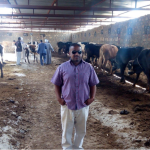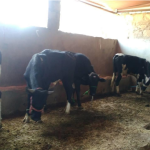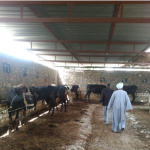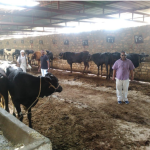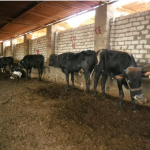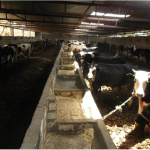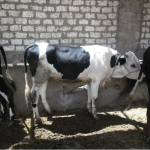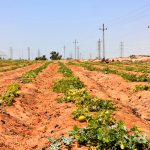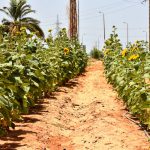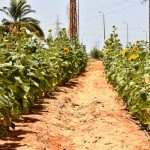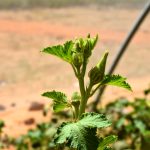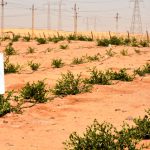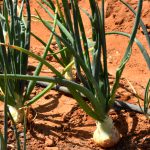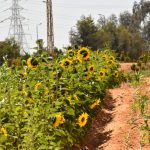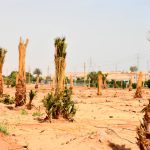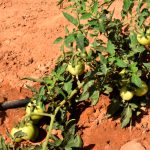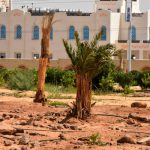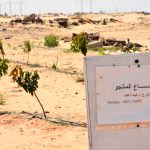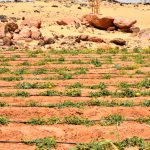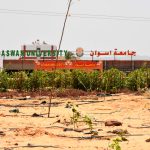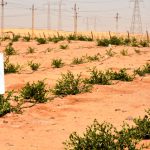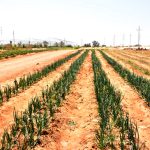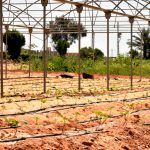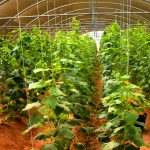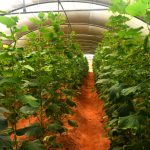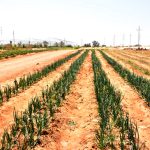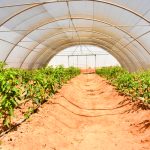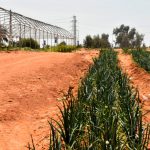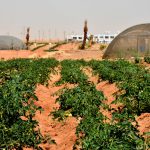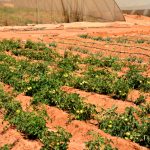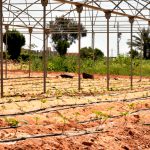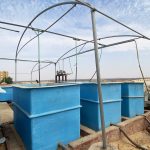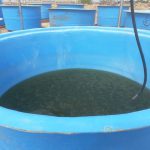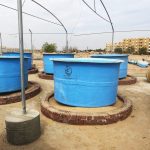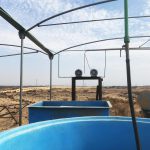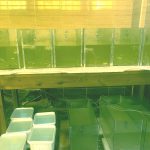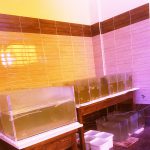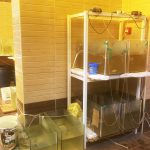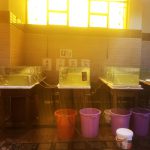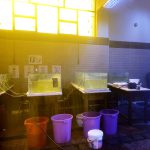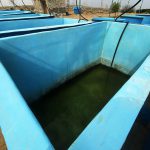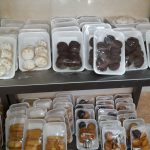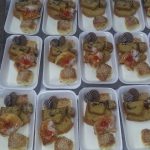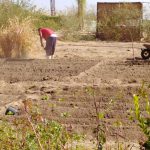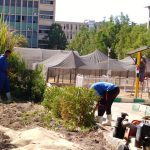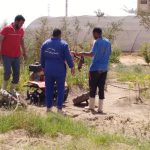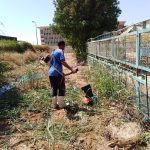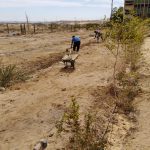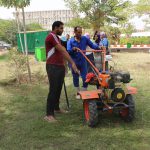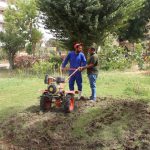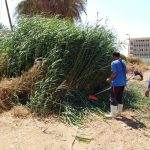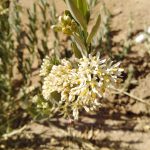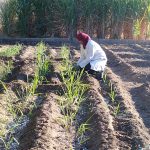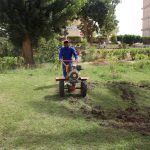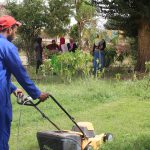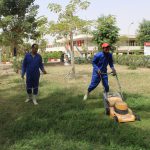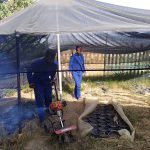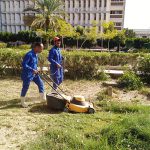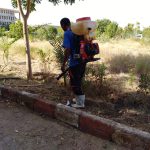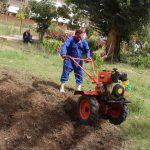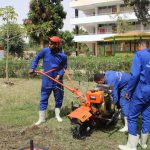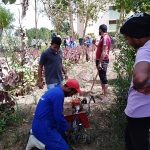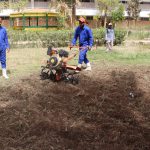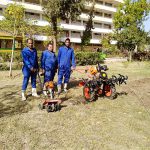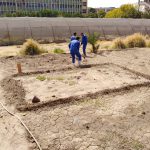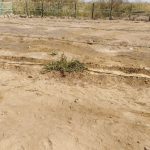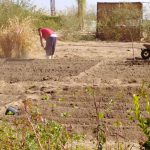Healthy and affordable food options:
“Healthy food”: It is the food that affects the energy and the proper functioning of the body. Eating healthy, balanced food that contains all nutrients is important to maintain good health. A healthy Food should contain the six basic food groups, which are:
- Proteins.
- Carbohydrates.
- Fat.
- Main vitamins and minerals.
- Water.
Therefore, Aswan University is working hard to provide healthy and sustainable food options for all groups of the university, including students, staff, and Academic staff, depending on its natural resources, capabilities, and infrastructure, in accordance with the sustainable food policy imposed by the university to adhere to the standards and conditions of sustainable agriculture to ensure the quality and health of the food provided.
* University resources to provide sustainable healthy food options:
1- Aswan University Farms:
Aswan University farms depend in their production on completely natural organic materials, that is, they do not contain any pesticides or industrial, which guarantees the quality of production and access to healthy, integrated and sustainable food.
Aswan University has three farms (2) outside the campus and (1) inside it, and they are:
-Unaiba farm affiliated to the Faculty of Agriculture:
It is an educational research farm dedicated to animal and poultry production. It also aims to pump production to serve the university and the local market in Aswan Governorate.
-Faculty of Agriculture farm on campus:
It is a farm on an area of approximately seven acres that works to cultivate and produce all kinds of fruits with the latest scientific, agricultural and sustainable health methods.
-Faculty of Agriculture farm is outside the campus:
The farm has been allocated in the Faculty in Sahari on the airport road on an area of approximately (50) acres on the opposite side of the university, in which many different types of vegetables are grown.
2- The fish hatchery of Faculty of Fisheries and Fisheries:
The aim of establishing the fish hatchery is hatchery, fish production, care and feeding of fish for the purpose of training in all operations related to aquaculture. Providing production to serve the university and the local market.
3- Bakery unit:
A bakery unit was established to produce various commodities such as pies, pastries, oriental sweets and others. It provides pastries to students and employees with a capacity of 1,000 items per day.
4- The tropical plants study unit: –
The unit serves the local community by using the latest technologies and biological methods to raise the productive efficiency of some strains of tropical plants. In addition to producing some strains of plants that are resistant to difficult climatic conditions.
The efforts of Aswan University were not limited to this extent to provide sustainable healthy food options, but rather it took many measures that ensure the provision and facilitation of access to sustainable food options, as the follwing:
1- Aswan University improved the zero hunger policy. Therefore, Aswan University is committed to providing sustainable food
2- University Council Decision 2020 to support low-income families by providing subsidized meals to students not residing in university dormitories at a cost of 15 pounds per meal, starting from 2020 onwards.
3- Aswan University has established the “University Central Restaurant”, which provides high-quality food and drinks at reduced prices and is subsidized by the university, whether (for Academic staff – employees – students – and finally conferences)
4- The university also provides other outlets for selling food, as the university provides healthy, varied and sustainable food and drink in the Faculties’ cafeteria in the University.
5-The university has prepared a food security program, which aims to provide all means and opportunities for obtaining sufficient and healthy food to meet nutritional needs to ensure that students continue to finish their academic stages without any obstacles or problems facing them, and the most important of these problems is the possibility of providing food.


